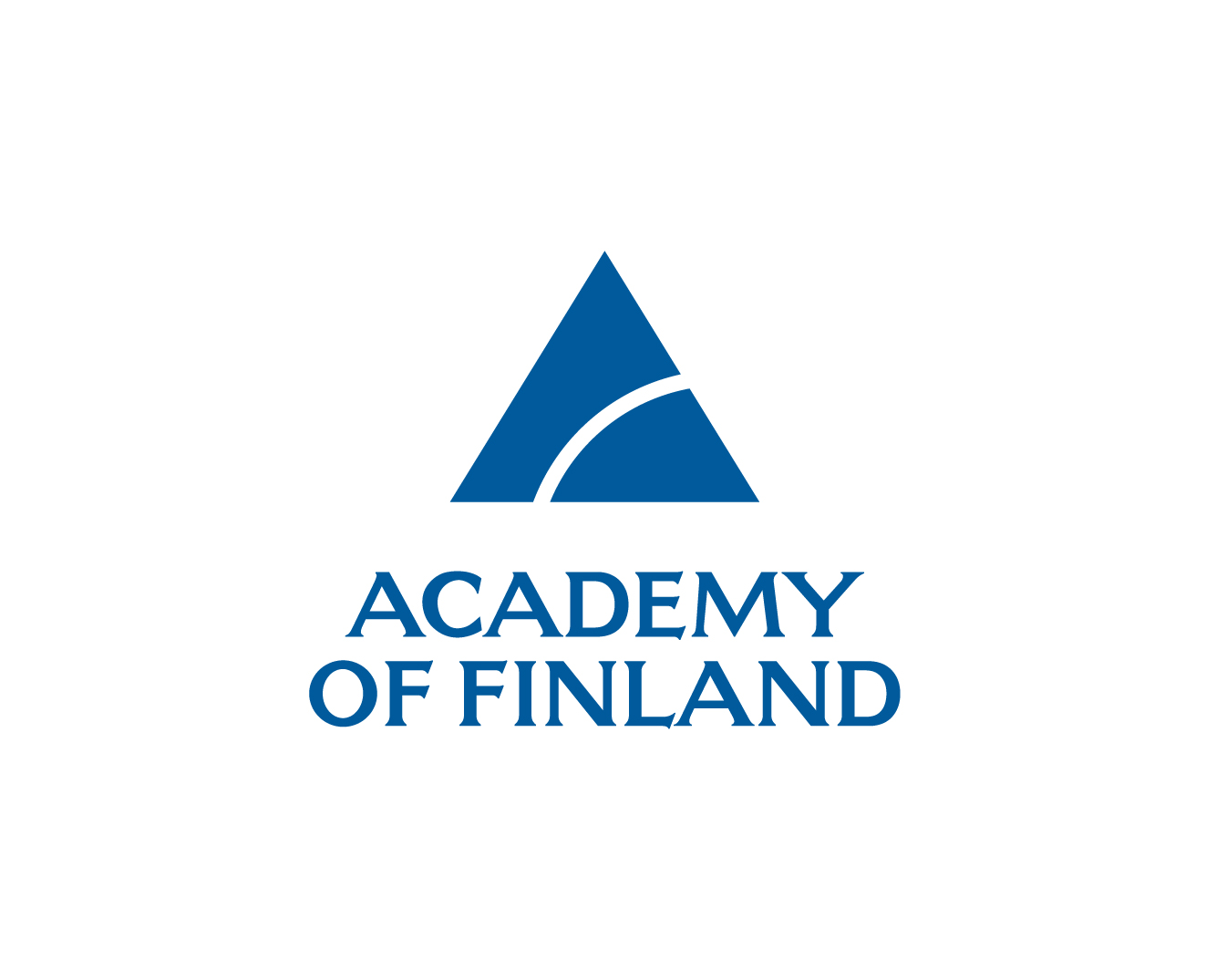The interdisciplinary research project “Mind and the Other” examines beliefs in and experience and interaction with otherworldly agents, largely defined as supernatural in the contemporary West, from cultural, historical, anthropological, medical, psychological and psychiatric perspectives. The object, communication with the otherworldly, is ambiguous since attitudes towards it – whether the incidents are defined as acceptable, desirable, condemned or pathological – vary within different communities in a culture as well as in various cultures and in diverse historical eras.
Modern science generally rejects the possibility of otherworldly experiences. They are explained as hallucinations or misinterpretations of natural phenomena. The public opinion in Finland follows the same outline. Even though there are special social groups which share an interest towards the extraordinary, such as angels or extraterrestrial phenomena, personal experiences of the kind are not supposed to be reported in everyday discussion. Informing e.g. one’s colleagues or neighbors about having regular contacts with otherworldly beings includes a risk of being socially stigmatized as delusional or mentally unsound. Compared to various preindustrial societies, our culture is relatively intolerant towards extraordinary experiences, which are, after all, common all over the world.
This does not mean that the existence of other worlds or the supernatural would be rejected in the Western world entirely. On the contrary: in Finland, the majority of population confesses Lutheran faith. In Europe, both the Protestant and Catholic churches have a strong position. In the United States, the belief in God is nothing less than a constraining social norm. Especially in the so-called Bible belt, the threat of stigmatization rather concerns those who publicly declare themselves to be atheists. According to Gallup polls, atheists are among the least tolerated people on earth; they are considered as outcasts comparable to criminals (see e.g.).
The authority for defining the truth is not the same for all people: we choose between the authority of e.g. scientific research, the church, family, or cultural tradition. Supernatural experiences are considered inappropriate when they do not fit the chosen world view. This negative judgment is twofold: they can be considered as impossible or immoral and threatening.
While a scientific world view leads many to deny all possible otherworldly phenomena, a religious conviction is selective. Lutheran theology rejects any apparitions of saints or dead relatives, but the Catholic Church accepts them to a certain degree, investigating thoroughly before approving a miracle. Experiencing something which should not be experienced can be interpreted as a sign of moral flaw or as a threat. Otherworldly imagery is widely harnessed in norm construction and moral education, which makes them relevant to the society. Each cultural or religious ideology shapes its outlook on the extraordinary in order to construct and maintain the world order that it finds the right one. Some religious systems allow strong personal experiences as part of the communication between the seen and unseen spheres of socially constructed reality. Others prefer controlled and even minimal communication and discourage deviant individual experiencing. Thus, the relation between supernatural beliefs and experiences is not straightforward. The majority of Finnish population belongs to the Lutheran church, but especially from medical perspective, interactions with otherworldly agents are largely considered as hallucinations or even symptoms of mental dysfunction. The tradition of medicalization of supernatural experiences actually continues from preindustrial ethnomedicine. However, while disturbing supernatural agents were once understood to cause diseases and dysfunctions, today diseases or dysfunctions are rather thought to cause the experiences.
Written by Kaarina Koski, Kirsi Kanerva, Marja-Liisa Honkasalo & Marjaana Lindeman




Thanks for the post I really appreciate it it was very useful